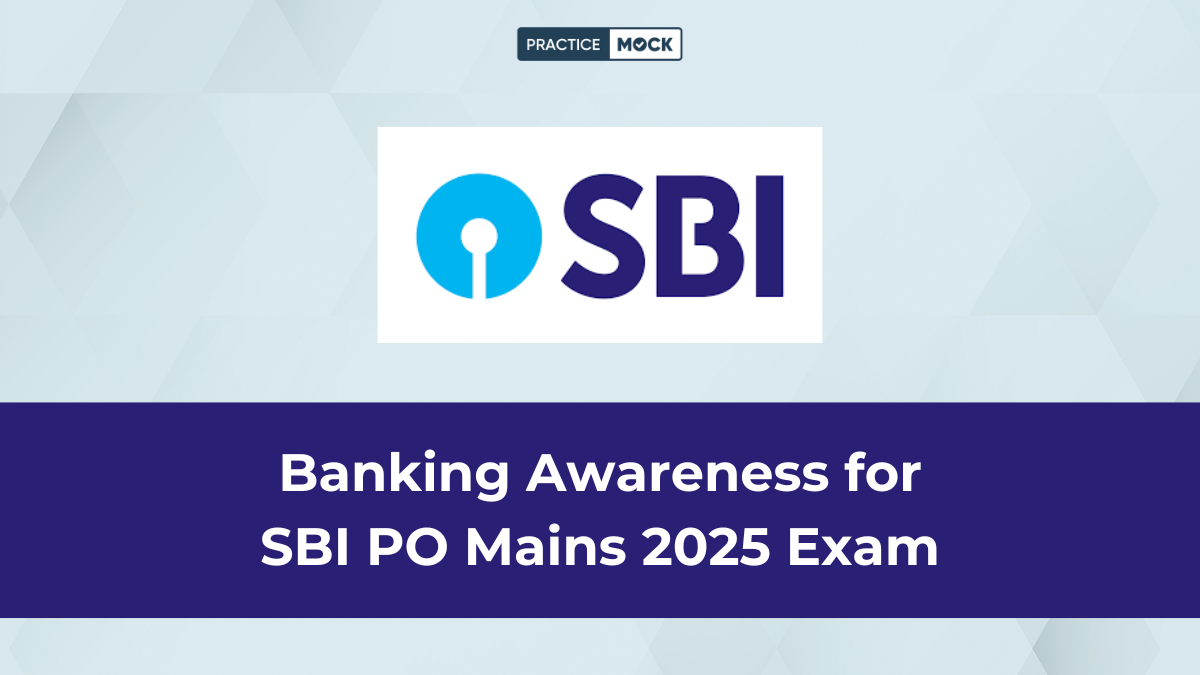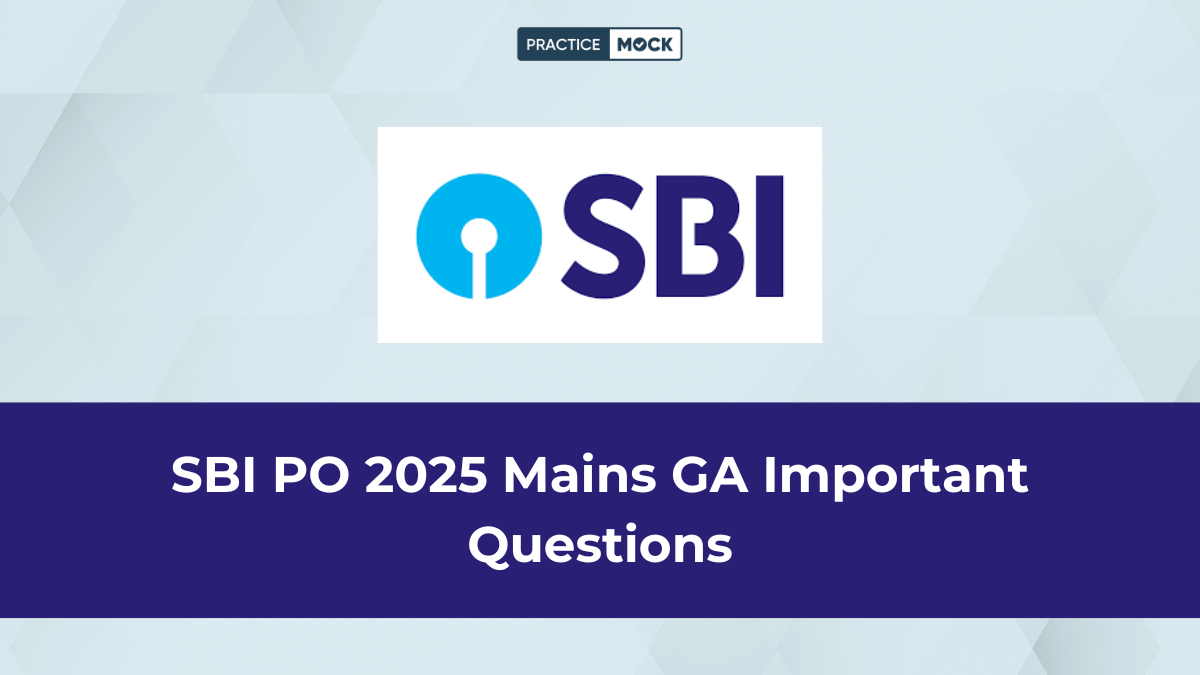

| Difficult Word/ Phrase | Contextual Sense |
| Autonomy | political independence |
| Tenure | The term during which some position is held |
| Dictum | An authoritative declaration |
| Ordinance | an order or rule made by a government or somebody in a position of authority |
| At the helm | in charge of an organization, group of people, etc. |
| Personage | A person whose actions and opinions strongly influence the course of events |
| Superannuation | The act of discharging someone |
| Beholden | Under a moral obligation to someone |
| Abide by | Act in accordance with someone’s rules, commands, or wishes |
| Render | Pass down |


Exception to the rule: On extensions to heads of CBI, ED
Allowing yearly extensions to heads of CBI, ED will compromise their autonomy (political independence)
The new law authorising an extension of the services of the heads of the Central Bureau of Investigation and the Enforcement Directorate until they complete a total tenure (The term during which some position is held) of five years will seriously compromise the autonomy of those agencies. It goes against the spirit of the Supreme Court judgment in Vineet Narain vs Union of India (1997) which laid down a dictum (An authoritative declaration) that the Directors of the CBI and the ED should have a minimum tenure of two years. This was to prevent their sudden transfer out of office if their functioning goes against the interests of the regime of the day. While it did not specifically bar longer terms or extensions, the prospect of getting an annual extension can be an incentive for displaying regime loyalty in the discharge of their duties. Significantly, in the case of the present Director of Enforcement, S.K. Mishra, who was appointed for two years in November 2018, his services were extended by an order on November 13, 2020, which amended the original term of appointment from two years to three years. That the changes were brought in through the ordinance (an order or rule made by a government or somebody in a position of authority) route in November raises a doubt whether the Government is keen on retaining him at the helm (in charge of an organization, group of people, etc.). Given that the central agencies have drawn much criticism for their focus on personages (A person whose actions and opinions strongly influence the course of events) linked to Opposition parties, such a measure will be seen as a reward for guided functioning instead of a necessity to keep ongoing investigations on track.
As it is, the fixed tenure for certain posts means their superannuation (The act of discharging someone) within that period will not end their term. In effect, there is an implied extension for an officer appointed to one of these protected posts if the appointment comes within two years of retirement. A further extension that will take the officers’ services well beyond superannuation, that too one year at a time, will render the heads of two investigating agencies unacceptably beholden (Under a moral obligation to someone) to the Government. Also, in Mr. Mishra’s case, the Supreme Court declined to interfere with the one-year addition to his original term of appointment, but also said that “extension of tenure granted to officers who have attained the age of superannuation should be done only in rare and exceptional cases”. And that the further extension should only be for “a short period”. It also made it clear that no further extension shall be granted to him. It is possible that the Government will abide by (Act in accordance with someone’s rules, commands, or wishes) this order and not give the benefit of the amendment to Mr. Mishra, but it does not render (pass down) the act of authorising year-on-year extensions to future appointees any less detrimental to the public interest. The protection given by a fixed tenure and the use of a high-ranking committee to recommend appointments and transfers were meant to dilute the ‘doctrine of pleasure’ implicit in civil service. However, it may be breached, if the extension allowed in exceptional circumstances becomes the rule.
Want to improve your vocabulary further? Download the Lists of Word-Meanings of Previous Months here.
Recent Posts
Inequality for NABARD Grade A
In this article we have discussed the importance of inequality for the NABARD Grade A…
SSC Notifications may be delayed?, Aadhaar-Based Biometric Authentication Implementation
The SSC has released a notification related to SSC Calendar 2025-26. Check all the information…
Direction And Distance Questions For SSC CGL, Download Free PDF
In this blog, we have provided the Direction and Distance Questions for SSC CGL Exam.…
Syllogism for NABARD Grade A
In this article we have discussed the importance of Syllogism for the NABARD Grade A…
Reasoning Important Question For IBPS RRB PO 2025, Get PDF For Prelims Exam
In this article, we are providing the Reasoning Important Question PDF for IBPS RRB PO…
SSC CGL General Awareness Mock Test Free, Based on PYQs, Get Free PDF
In this blog, we have provided the SSC CGL General Awareness Mock Test Based On…


